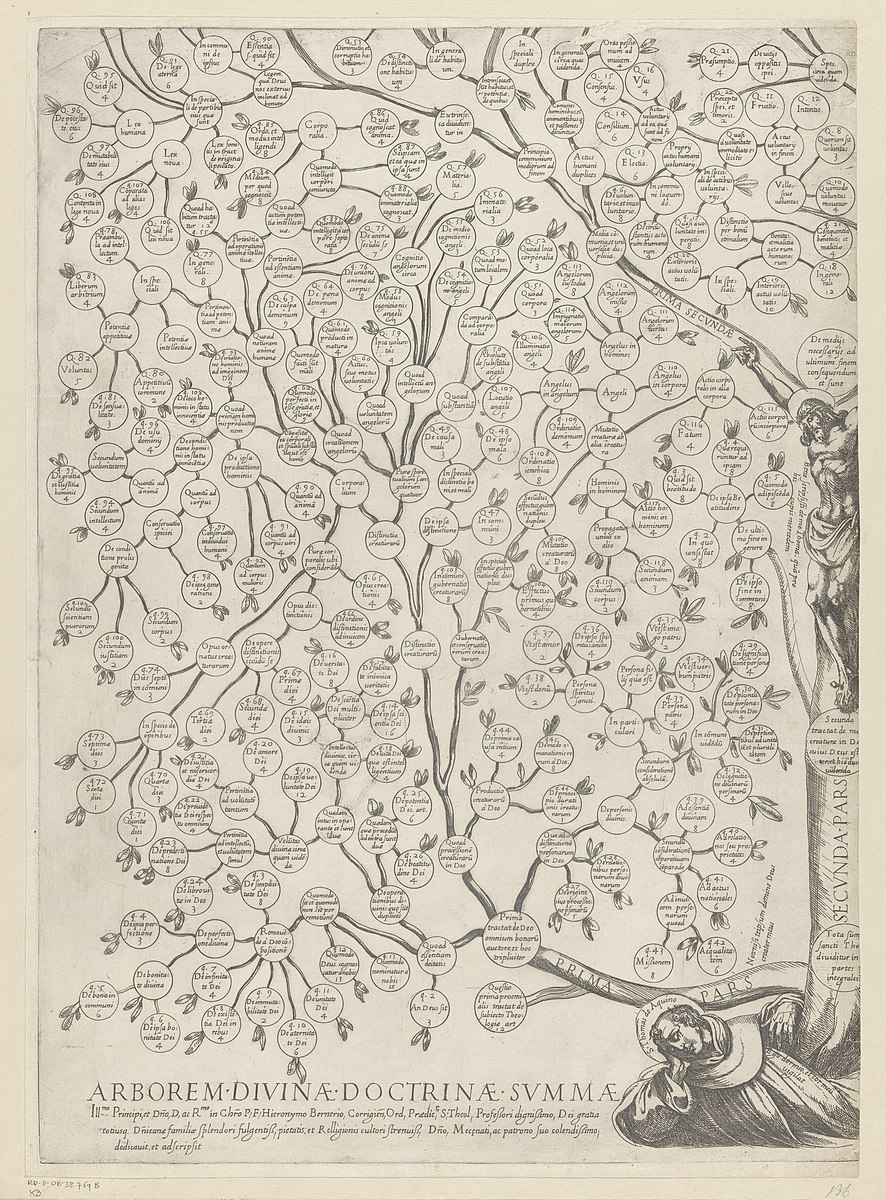
Question for Reformation scholars. Calvin has a celebrated passage about union with Christ in which (without saying so) he anatomizes the Apostles' Creed and explains how each thing it says of Christ is a source of saving power to us. Here's the 1559 version (II:16.19): 

Well, Bullinger makes the same exact move in Decades I:8, a sermon on the creed. He ends that sermon by gathering up and focusing on salvation in Christ, taking up each phrase (Jesus, Christ, Lord, born, etc.) It tracks very close to Calvin & the creed. 

My question is, who got it from whom? Here's the hard part (I think): Calvin doesn't yet do it in the 1536 Institutes. He's already got he hook where it should go, but doesn't hang the creedal sequence on it. So it may be a question of versions & revisions. 

I don't have all the Institutes editions at my fingertips, never mind Bullinger's Decades. I think the Decades were preached 1548-1551 and then published soon after. So without more documentation, I can't be certain which direction the influence goes. Anybody know?
@drdominee, @jpowellmcnutt, @RScottClark, um, forgetting who else on Twitter is into this kind of thing...
• • •
Missing some Tweet in this thread? You can try to
force a refresh








